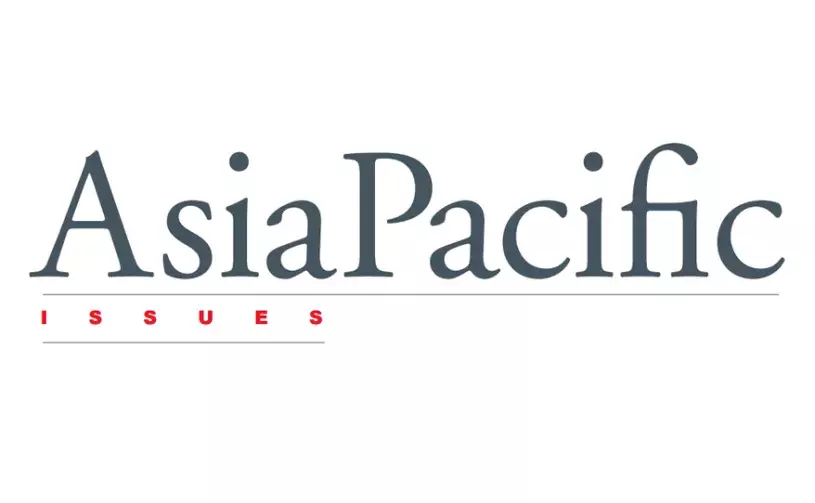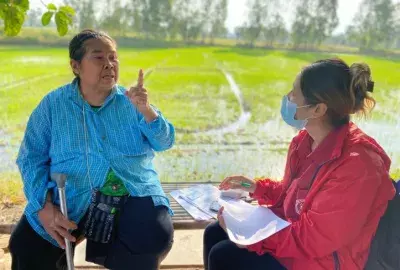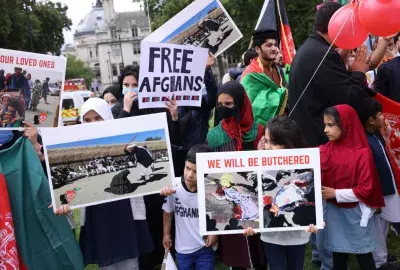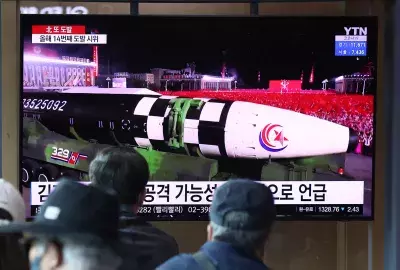Error message

After more than 50 years of independence, Sri Lanka, once a model democracy, has been devastated by a war in the north east that has gained a violent and self-sustaining momentum. The two sides in the armed conflict are the government's Sinhala-dominated military and the separatist group known as the Liberation Tigers of Tamil Eelam (LTTE). From a distance, Sri Lanka's war appears to be a Sinhala-Tamil conflict, dividing the island's two main ethnic groups. But the view from the war zone reveals something much more complex. A variety of politicians as well as members of the defense industry and paramilitary groups have used the armed conflict to acquire personal and political profit. In the war zones, violence by paramilitary groups and military forces alike has become routine and includes torture, rape, massacres, and summary executions. The war itself has become a "dirty war," reaching across ethnic and national boundaries, undermining civil-military relations and democratic practice, eroding multicultural social structures, and creating hidden economies of taxation and terror.
After more than 50 years of independence, Sri Lanka, once a model democracy, has been devastated by a war in the north east that has gained a violent and self-sustaining momentum. The two sides in the armed conflict are the government's Sinhala-dominated military and the separatist group known as the Liberation Tigers of Tamil Eelam (LTTE). From a distance, Sri Lanka's war appears to be a Sinhala-Tamil conflict, dividing the island's two main ethnic groups. But the view from the war zone reveals something much more complex. A variety of politicians as well as members of the defense industry and paramilitary groups have used the armed conflict to acquire personal and political profit. In the war zones, violence by paramilitary groups and military forces alike has become routine and includes torture, rape, massacres, and summary executions. The war itself has become a "dirty war," reaching across ethnic and national boundaries, undermining civil-military relations and democratic practice, eroding multicultural social structures, and creating hidden economies of taxation and terror.







